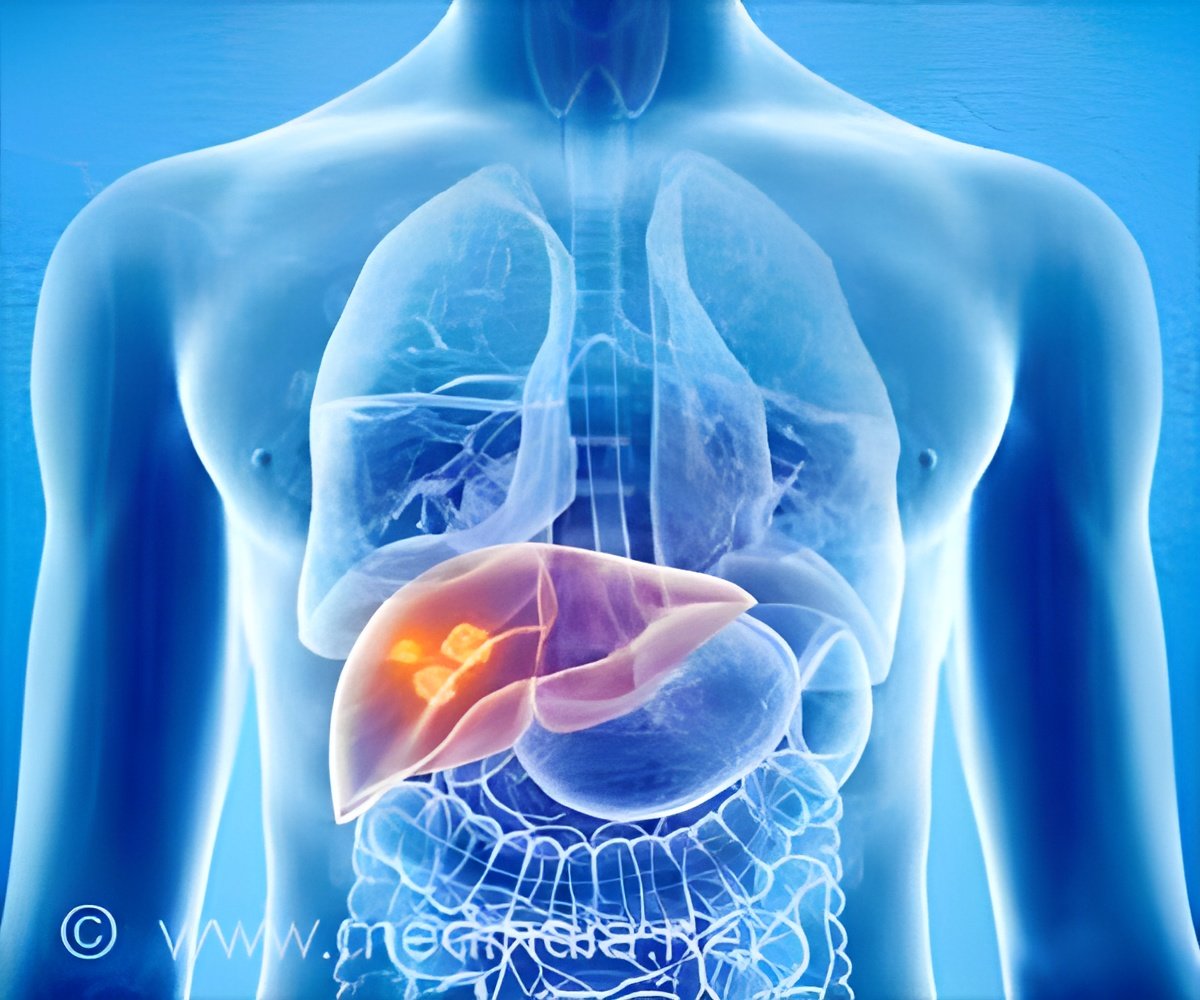
Chronic liver disease (CLD) affects many people worldwide and is worrisome due to its potential to cause liver failure or hepatocellular cancer. Hepatic stellate cells (HSCs) are certain liver cells that play a role in both of these conditions, but their specific involvement in the inflammatory response is not well understood. In a recently published article in The FASEB Journal, researchers from Tokyo Medical and Dental University (TMDU) shed light on the role of a protein called tumor necrosis factor-α-related protein A20 (A20) in inflammatory signaling.
Past studies have shown that A20 has an anti-inflammatory function because mice lacking this protein develop significant systemic inflammation. A20-encoding genes can also have specific genetic variations that lead to autoimmune hepatitis with cirrhosis. The TMDU team became interested in exploring the potential impact of A20’s function in HSCs on chronic hepatitis in light of these and other published findings(1✔ ✔Trusted Source
A20 in hepatic stellate cells suppresses chronic hepatitis by inhibiting DCLK1-JNK pathway-dependent chemokines
).
Dr. Sei Kakinuma, the study author, mentioned that approximately 80% to 90% of the HSCs in their experimental line of mice, known as a conditional knockout, lacked A20 expression. To further confirm their findings in the mice, they simultaneously investigated these pathways in a human HSC cell line called LX-2.
Inflammation and Fibrosis in Hepatic Stellate Cells
When examining the livers of these mice, the team observed inflammation and mild fibrosis without treating them with any inducing agent. This indicated that the observed inflammatory response was spontaneous, suggesting that HSCs require A20 expression to suppress chronic hepatitis.
“Using a technique called RNA sequencing to determine which genes were expressed, we found that the mouse HSCs lacking A20 displayed expression patterns consistent with inflammation,” describes Dr Yasuhiro Asahina, one of the study’s senior authors. “These cells also showed atypical expression levels of chemokines, which are important inflammation signaling molecules.”
When working with the LX-2 human cells, the researchers made similar observations to those for the mouse HSCs. They then used molecular techniques to express high amounts of A20 in the LX-2 cells, which resulted in decreased chemokine expression levels. Through further investigation, the team identified the specific mechanism regulating this phenomenon.
“Our data suggest that a protein called DCLK1 can be inhibited by A20. DCLK1 is known to activate an important pro-inflammatory pathway, known as JNK signaling, that increases chemokine levels,” explains Dr Kakinuma.
Advertisement
Inhibiting DCLK1 in cells with A20 expression knocked down resulted in much lower chemokine expression, further supporting that A20 is involved in inflammation in HSCs through the DCLK1-JNK pathway.
Overall, this study provides impactful findings that emphasize the potential of A20 and DCLK1 in novel therapeutic development for chronic hepatitis.
Advertisement
Reference:
- A20 in hepatic stellate cells suppresses chronic hepatitis by inhibiting DCLK1–JNK pathway-dependent chemokines- (https:faseb.onlinelibrary.wiley.com/doi/10.1096/fj.202400109R)
Source-Eurekalert



